You can tell a lot by looking at a person’s skin. For example, you’ve probably noticed when you don’t get enough sleep the night before, the skin under your eyes will often have dark circles. Therefore, skin problems can be your first realization that something is going on with your underlying health.
By paying attention to your skin, you can better understand what you might need to change about your lifestyle, as it may be negatively impacting you.
Redness

Redness on the skin is one of the most common signs that something may be amiss with your overall health. Often, noticing patterns of redness on your skin could just be the result of skin irritation. It could also be an allergic reaction or a sign of rosacea.
However, this sign could also suggest that something else is going on that you can’t see. If you notice tiny red or purple dots on your skin, and if these dots do not fade when you press them, this could mean you’re deficient in necessary vitamins.
Red Cheeks

You might see redness on your skin anywhere on your body. If you see redness on your cheeks, however, your skin might be telling you something different about your health — something more specific.
People can have red cheeks from anything from embarrassment to fever. However, if you notice your face is red often, then you may have an undiagnosed skin condition, such as seborrheic dermatitis. A rash formed in a butterfly shape on your nose and cheeks, meanwhile, is a sign of lupus.
Acne

Acne is common. Normally, acne breakouts begin during adolescence. Breakouts can then come and go throughout adulthood.
People can get acne for a variety of reasons. However, if you’ve never been acne-prone before and suddenly are experiencing severe breakouts, this might be a sign that you have an underlying health issue. Women who have polycystic ovary syndrome (PCOS), for example, experience these types of breakouts.
Boils
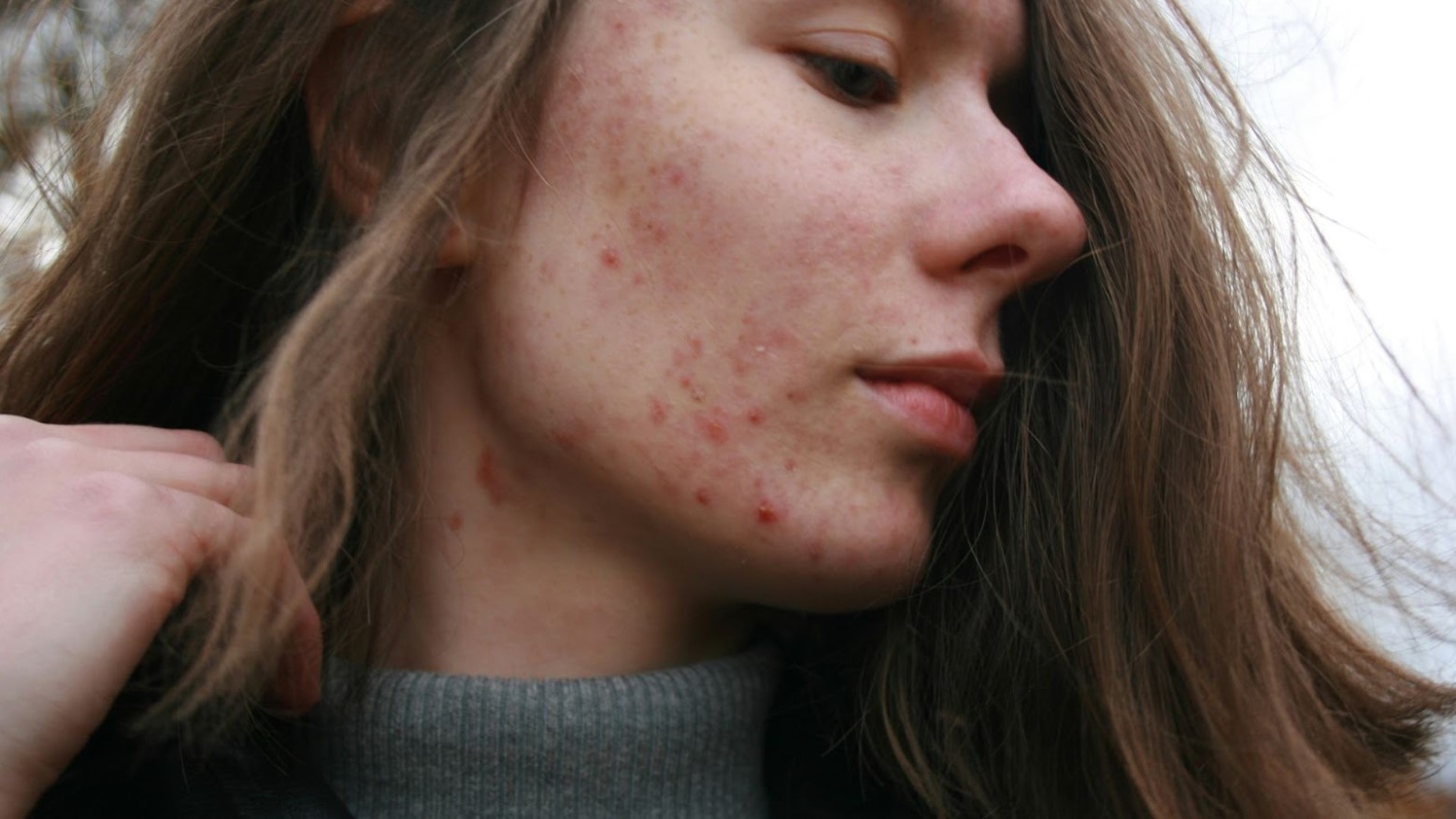
Boils are skin abscesses — and they differ from acne. Boils are filled with fluid or pus, and they appear as bumps on the skin. These bumps can often be quite painful.
If you’re suddenly seeing boils on your skin in certain areas — such as the groin area, under your breasts, or near your underarms — this could be a sign that you have hidradenitis suppurativa, a skin condition.
Rashes

People can get rashes for a variety of reasons. Often, a rash could be the result of something simple like skin irritation after your skin touches something. People with psoriasis often get rashes, as well.
There are lots of different types of rashes that one can have, and some rashes clearly signal that you may have an unknown health issue. If your rash doesn’t respond to any topical treatment — and if you have symptoms such as a fever or joint pain — then there may be a specific problem causing this rash.
Bumps Around Your Eyes
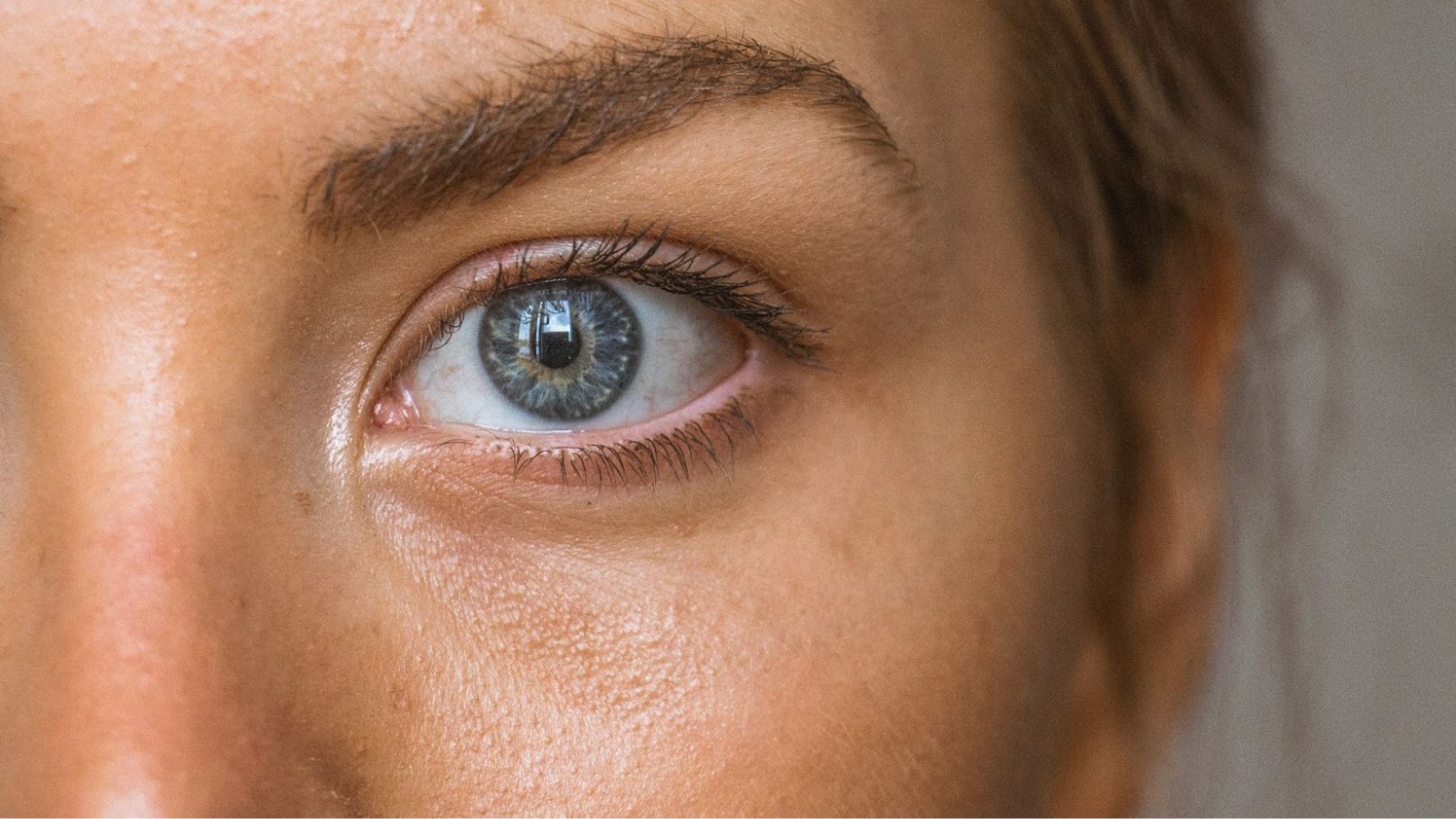
Have you recently noticed that you have small, yellow bumps around your eyes or nose? This is called xanthelasma. Often, these little bumps are simply cholesterol deposits.
If you have these bumps around your eyes, this may be a sign that you have high cholesterol. You should have your cholesterol checked, just to be on the safe side. However, about half of people with these bumps do not have a cholesterol problem. As a result, it’s best to see a medical professional so you can find out why these bumps have begun to appear on your face.
Itchy Skin
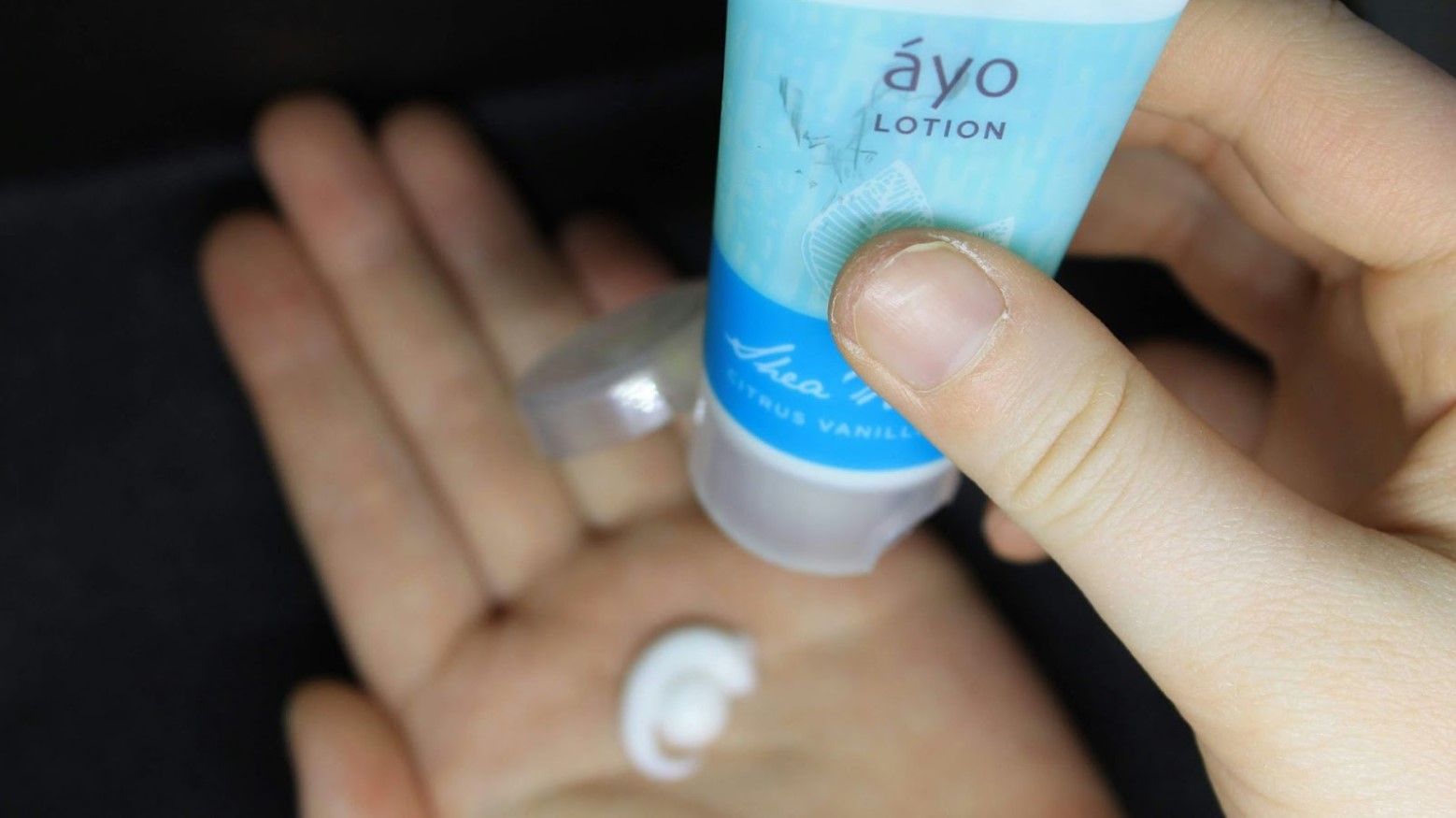
Experiencing very dry or itchy skin is incredibly common — especially in the winter. To avoid the annoyance of having itchy skin, keep your showering short. Also, be sure to use lotion on your skin after, when your skin is still quite damp, to help moisturize better.
Sometimes, persistent itchy skin is a sign that something else is going on in your body. Those with eczema often have very itchy skin. However, people with underlying diseases, such as diabetes, also can experience irritating dry skin.
Itchy Hands
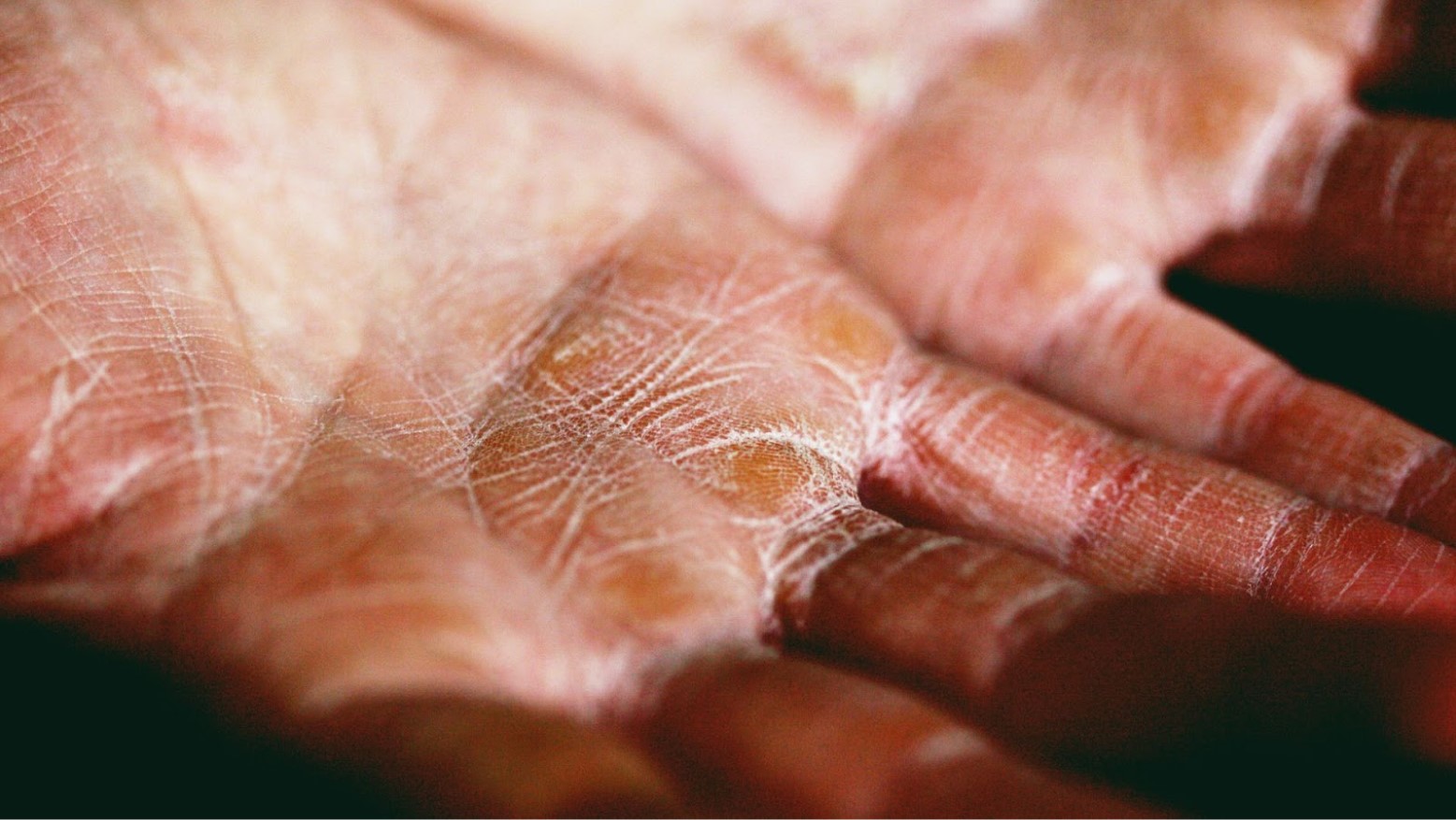
It’s normal to feel that your hands are dry and itchy, especially if you’ve been washing them a lot, or using a lot of hand sanitizer.
Sometimes, persistent itchy hands do signal a health problem. For example, if your hands are very irritated and you have red patches on the back of them, you may have dermatomyositis, which is an autoimmune disease.
Discoloration

Overall discoloration of your skin can also indicate that you have other health problems. If you’ve noticed your skin is discolored in a brownish hue, this could mean that your skin is going through pigmentation changes.
Blue discoloration of the skin could mean that you’re experiencing vascular problems. Meanwhile, patches of pink and yellow discoloration on your shins could indicate that you have diabetes.
Skin Thickness
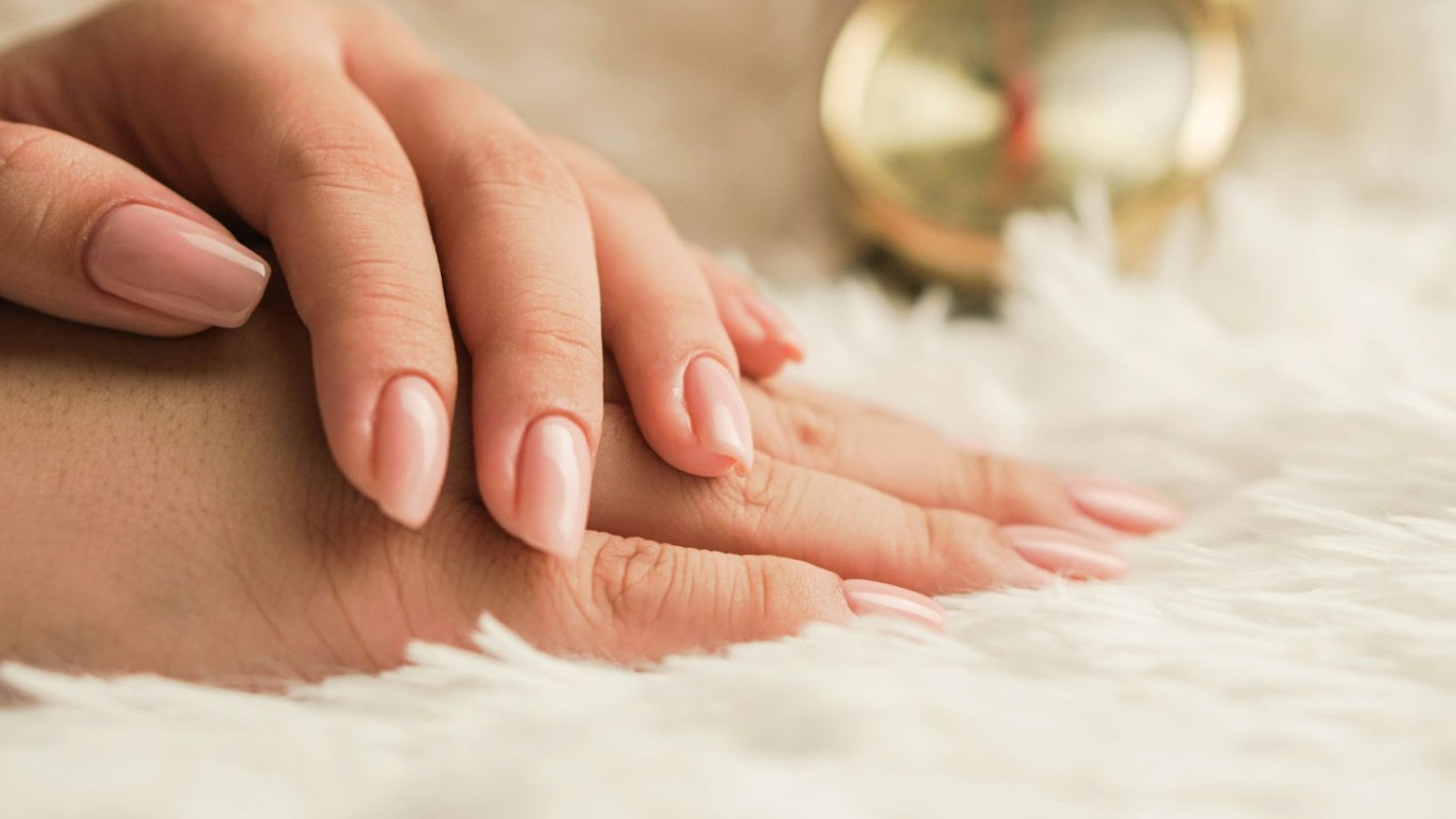
Your body can often signal to you that you have diabetes by allowing skin symptoms, such as discoloration, to appear. However, one of the biggest indicators of diabetes is skin thickness.
Skin thickness often appears on your feet, hands, and fingers. If you realize your skin is enlarging or thickening in these areas while also realizing that you don’t have a lot of sensation there, this could be a major sign that you have diabetes.
Paying Attention to Your Skin
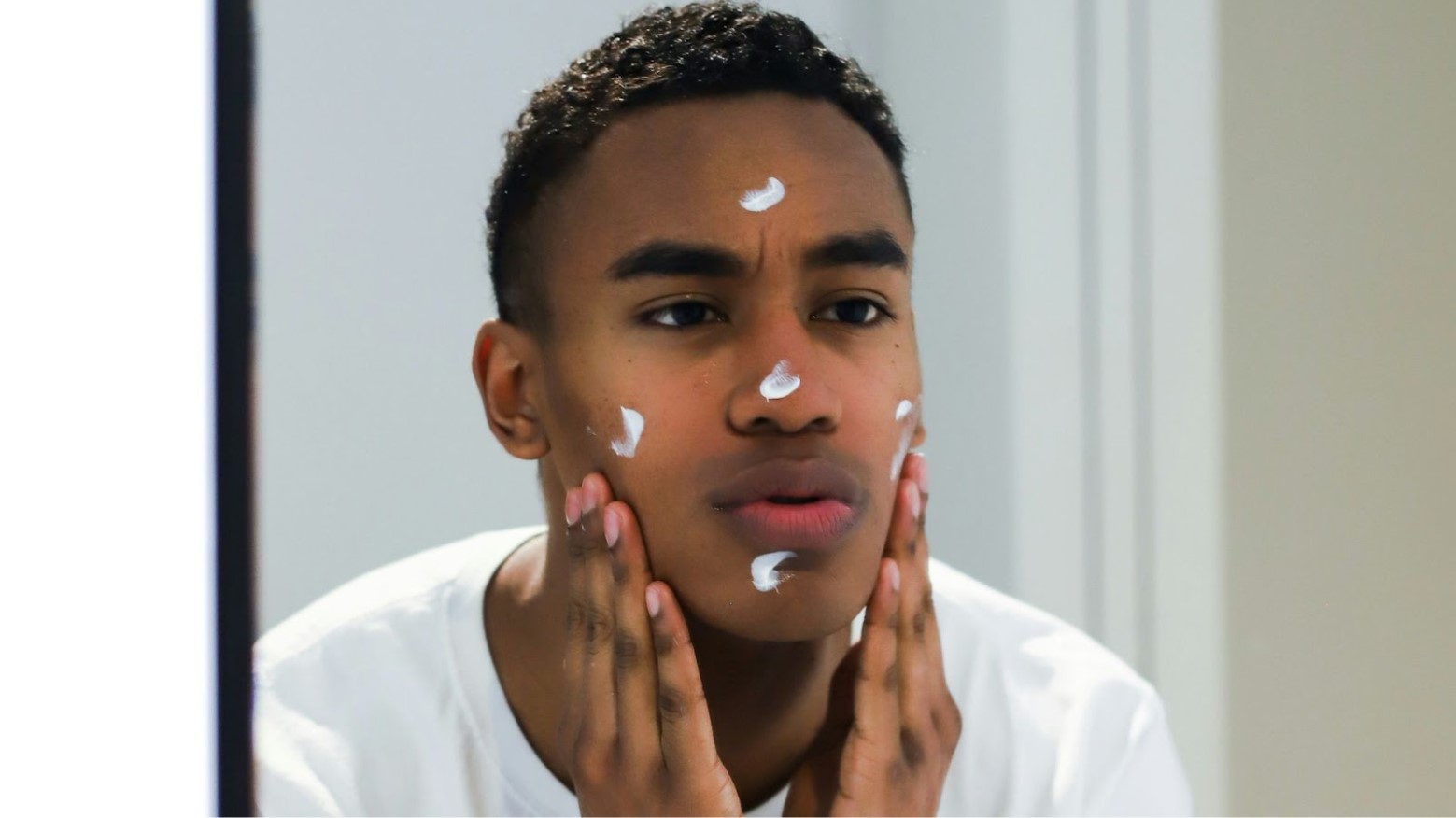
The skin is the largest organ in your body. It works as a protective barrier from the moment you’re born. So, it shouldn’t be too much of a surprise to see how it can reveal underlying health issues. Because of all of these facts, dermatologists stress that you should always pay attention to your skin.
While many skin conditions can be the result of something minimal, other conditions may signal that something is amiss in your body. Going to see a dermatologist can help you understand just what’s going on with your skin — and your entire body.








































